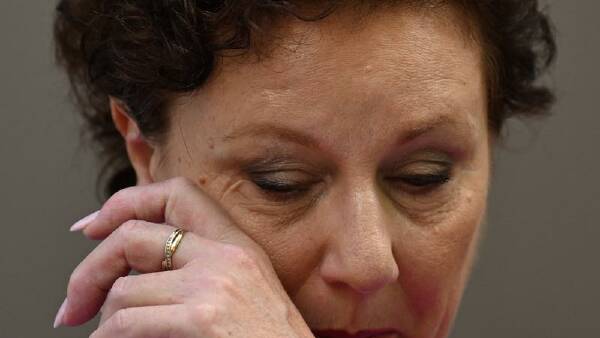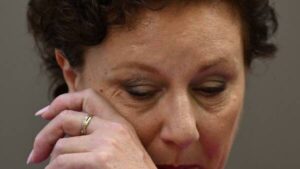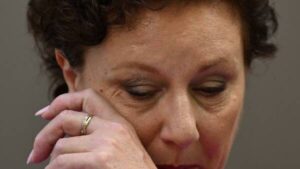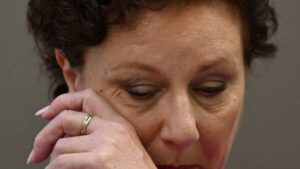
Kathleen Folbigg has been offered $2 million in compensation by the New South Wales (NSW) government for her wrongful imprisonment, which lasted nearly two decades. This decision has sparked significant controversy and raised concerns about the transparency of the compensation process, with critics arguing that the amount is insufficient for the years she spent behind bars.
In June 2023, Folbigg was released after new scientific evidence cast doubt on her convictions for the deaths of her four children. Despite this development, NSW Premier Chris Minns has stated that Folbigg’s legal team would need to pursue further compensation through the courts if they deemed the offered amount inadequate. “There’s no future action that cannot be pursued by Ms Folbigg or her lawyers,” he remarked, emphasizing the government’s stance.
High-profile lawyer Sam Tierney, who previously represented David Eastman in his successful $7 million compensation claim for wrongful conviction, expressed disbelief over the offer. He noted that $2 million seems disproportionately low, considering Folbigg’s twenty years in prison. “It seems only fair and reasonable and sensible that the decision maker would issue reasons explaining why they arrived at a particular figure,” Tierney stated, highlighting the lack of clarity in the compensation process.
Concerns around the ex gratia payment system—payments made by the government without the requirement of a legal obligation—have been voiced by various legal experts. Tierney pointed out that without judicial oversight, the rationale behind such compensation amounts remains opaque. He called on both state and federal governments to consider implementing Human Rights Acts to ensure that courts can properly assess these situations.
Despite the criticism, the NSW government remains firm on its offer. Michael Daley, the NSW Attorney-General, declined to provide further details regarding the decision-making process behind the compensation. Folbigg’s solicitor, Rhanee Rego, characterized the amount as a “moral affront” and suggested that the systemic failures in the case have continued to affect her life.
Opposition Leader Mark Speakman also criticized the government’s offer, stating that it lacked empathy for Folbigg, whose wrongful conviction has caused immense suffering. He emphasized that the amount does not reflect the gravity of her situation and the injustice she has faced.
In a broader context, the compensation offered to Folbigg raises questions about the treatment of individuals wrongfully convicted in Australia. Historical cases, such as those of Darryl Beamish, John Button, and Lindy Chamberlain, have resulted in varying compensation amounts, often reflecting the public and governmental attitudes towards wrongful imprisonment. For instance, Chamberlain received $1.3 million in 1992 after her conviction for the murder of her daughter was overturned.
As the debate continues, many are left wondering whether Folbigg will accept the offer or pursue further action in court. The impact of her case and the compensation process could influence future reforms in how wrongful convictions are addressed in Australia.
The situation remains fluid, as Folbigg’s lawyers weigh their options in light of the government’s firm stance. As it stands, the compensation offer has ignited a conversation about justice, fairness, and the accountability of governmental bodies in addressing past wrongs.







